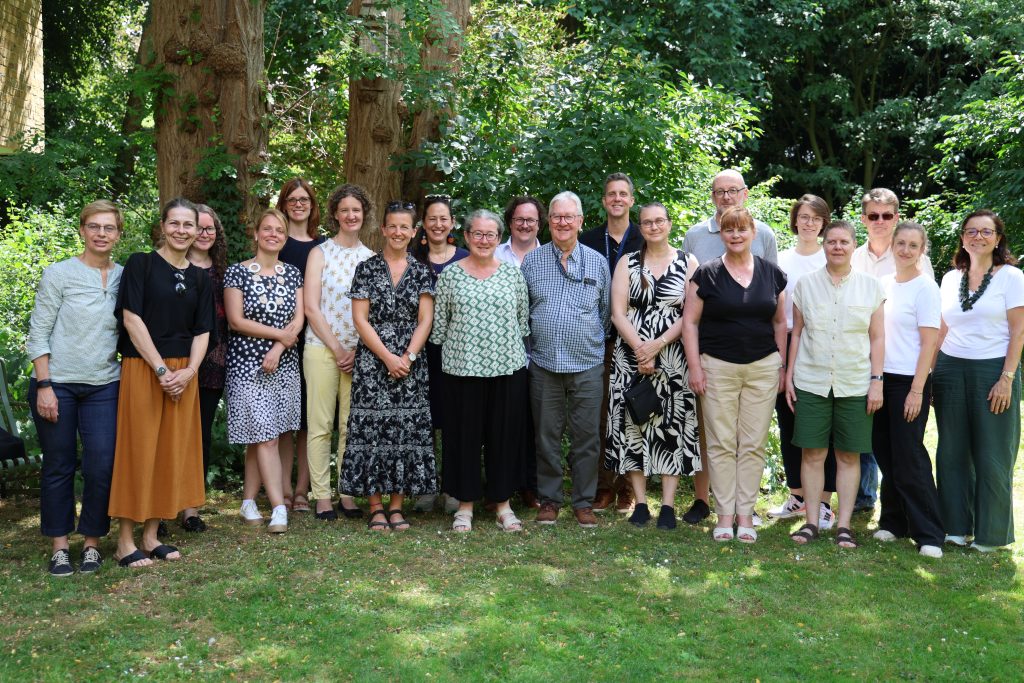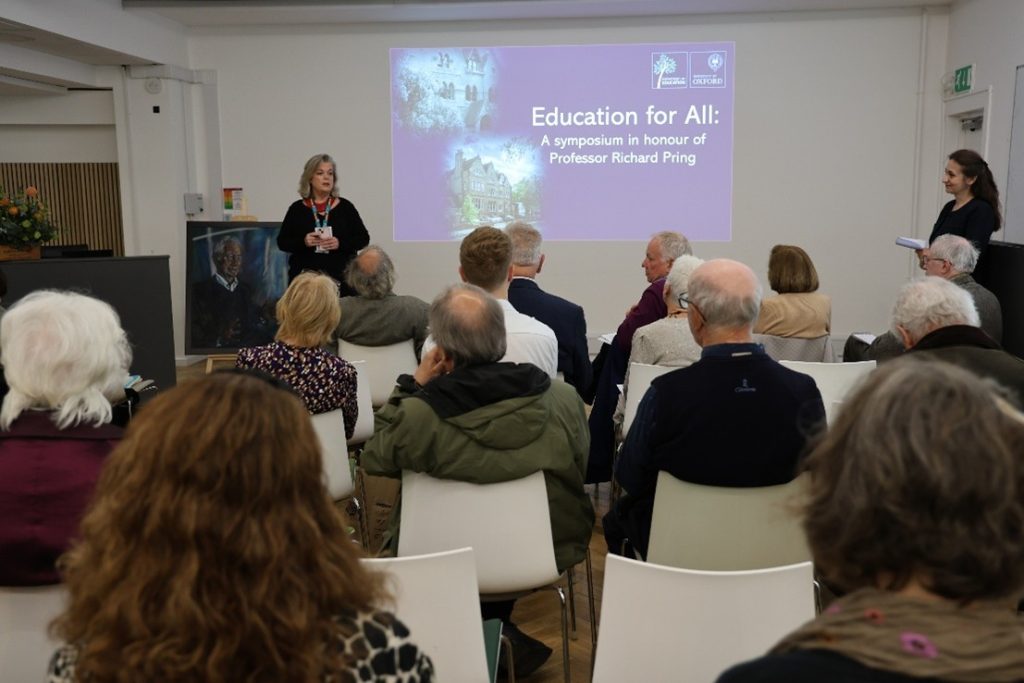On Thursday 28 January Dr Lisa Holmes will be speaking at an event to launch the publication of the Lifelong Links Evaluation Report.
The Rees Centre was commissioned by the Department for Education in 2017 to carry out the evaluation of Lifelong Links as part of the Children’s Social Care Innovation Programme.
Lifelong Links has been developed by Family Rights Group (FRG) in collaboration with key stakeholders including local authorities, children in care and care leavers, families, foster carers and social workers.
Lifelong Links aims to ensure that a child in care has a positive support network around them to help them during their time in care and into adulthood.
A trained independent Lifelong Links coordinator works with a child to find out who is important to them, who they would like to be back in touch with and who they would like to know. The coordinator searches for these people, using a variety of tools and techniques, and then brings them altogether in a Lifelong Links family group conference to make a plan of support with and for the child. This plan is then embedded in the child’s care or pathway plan.
Lifelong Links has been trialled in 12 English local authorities (sites): initially with 7 local authorities from April 2017 and with a further 5 local authorities joining the trial between late 2018 and early 2019. There is a separately funded trial of Lifelong Links simultaneously being carried out in Scotland.
The evaluation findings indicate that Lifelong Links has positively impacted the lives of children in care. Of the objectives set by children and young people at the outset, the analysis indicates that on average 81% of these were met. At the commencement of Lifelong Links children and young people identified between 1 and 25 people who they wanted to connect with and almost all of those identified (96%) were connections at a later point in time when the Lifelong Links plan had been made or a Lifelong Links family group conference had taken place. Almost three-quarters (74%) of the children and young people who were referred remained in their placement in the year following Lifelong Links, compared to 41% for the comparison group.
The qualitative analysis also provides evidence that Lifelong Links contributes to children and young people’s sense of identity and agency, by supporting them to build their own narratives and to build safe connections.
For further information about how to benefit from the programme and to explore how it could be introduced into your local authority please refer to the Family Rights Group website here. For all enquiries please contact Lucy Hutchinson at FRG.












